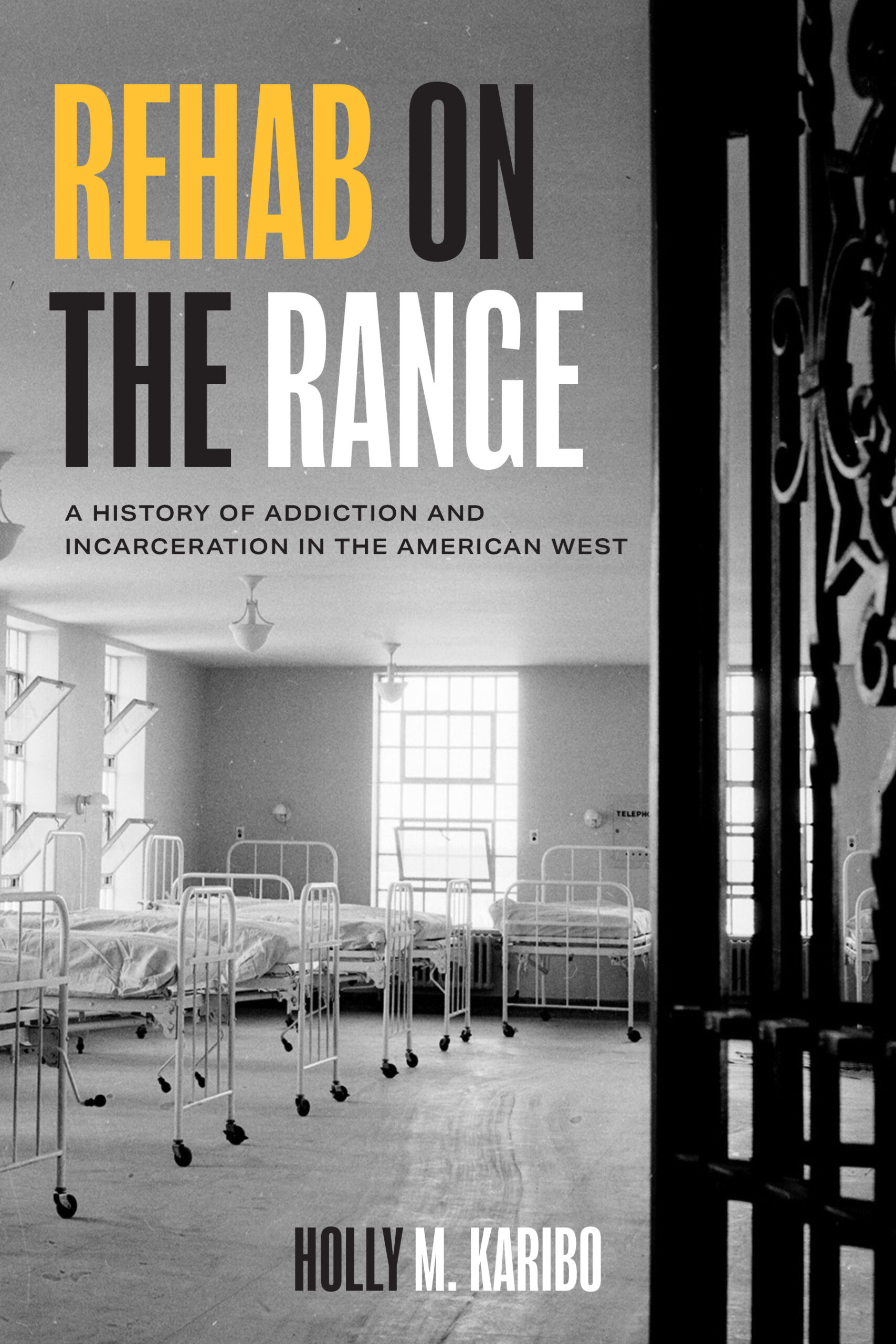AUSTIN, Texas – Do you have unreliable internet? If so, the State of Texas wants to hear from you.
The Texas Broadband Development Office, which is operated by the Texas Comptroller’s Office, has launched a challenge process to help determine broadband funding eligibility and is seeking the help of Texas residents. The BDO’s website allows residents to challenge information they believe is inaccurate about broadband availability at their home or business.
The BDO awards grants, low-interest loans and other financial incentives to internet service providers who expand access to broadband service in underserved areas. The BDO also provides a variety of tools and resources supporting the expansion of broadband access across Texas.
“This process allows eligible entities, such as internet service providers, nonprofit organizations, and local governments, to review the state’s broadband map for the BEAD (Broadband Equity, Access, and Deployment) Program and submit evidence-based challenges to ensure the map accurately reflects service at a specific location. The process will help identify locations and community anchor institutions within the state that are eligible for BEAD funding,” the BDO office states.
“Doing this helps ensure data accuracy and ensures the BDO directs funding where it’s most needed. But you need to act now. Challenges will be accepted through Dec. 17, 2024.”
The BEAD program is authorized by the Infrastructure Investment and Jobs Act (IIJA). The program provides states funding to help expand high-speed internet access and use. Texas was allocated $3.3 billion to support infrastructure deployment, mapping and adoption, including planning and capacity-building. The BDO is creating a competitive process for potential sub-recipients to apply for funding.
Comptroller Hegar said he wants to ensure every Texas resident gets the broadband they deserve.
“Help bring fast, reliable broadband across Texas. Challenge the map to direct the distribution of BEAD funds,” he said.
Hegar said all non-profits, tribal governments, local governments, and broadband service providers can and should participate in the challenge process. He said residents, too, can provide input if they are concerned the broadband information for their address is incorrect.
“Help improve the quality of broadband service in your area,” Hegar said. “The challenge process is the foundation behind ensuring the map that directs the broadband funding is as accurate as possible. Access the map, track changes, and make sure you are represented.”
Two Rio Grande Valley residents are members of the BDO’s board of advisors. They are Alonzo Cantu, president and CEO of Cantu Construction and Development, and Sergio Contreras, CEO of Atlas, Hall & Rodriguez, LLP.
The Digital Equity Act prioritizes improving digital opportunity outcomes for eight covered populations: members of racial or ethnic minority groups, low-income households, rural residents, aging individuals, individuals with disabilities, individuals with limited English
proficiency, veterans and incarcerated individuals. In total, 24.8 million or 86 percent of Texans belong to one or more covered populations.
Texas has defined six goals for the BDO: broadband availability and affordability, device availability, affordability and technical support, digital literacy, online privacy and cybersecurity, and online accessibility and inclusivity of public resources.
The post State agency wants to hear from Texas residents that have unreliable internet appeared first on Rio Grande Guardian.
 (2).png)
 3 months ago
123
3 months ago
123









 English (US)
English (US)